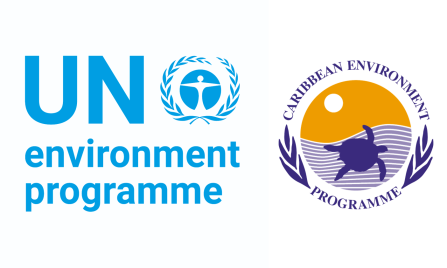The United Nations Environment Programme (UNEP) established the Caribbean Environment Programme (CEP) in 1981 to protect the delicate coastal and marine ecosystems in the Wider Caribbean Region, which include unique plants and animals. In the same year, countries in the region created an Action Plan that led to the adoption of the Cartagena Convention (CCS) on March 24, 1983. This treaty is the first and only legally binding agreement of its kind, promoting the preservation and sustainable development of the marine environment in the Caribbean. It provides the necessary legal framework for the Caribbean Environment Programme.
UNEP/CCS Partners
The United Nations Environment Programme/Caribbean (UNEP/CCS) is responsible for coordinating and supporting environmental initiatives in five countries, with each country having its own dedicated partner focused on sustainable development and environmental protection. The specific partners for each country are described in further sections.


